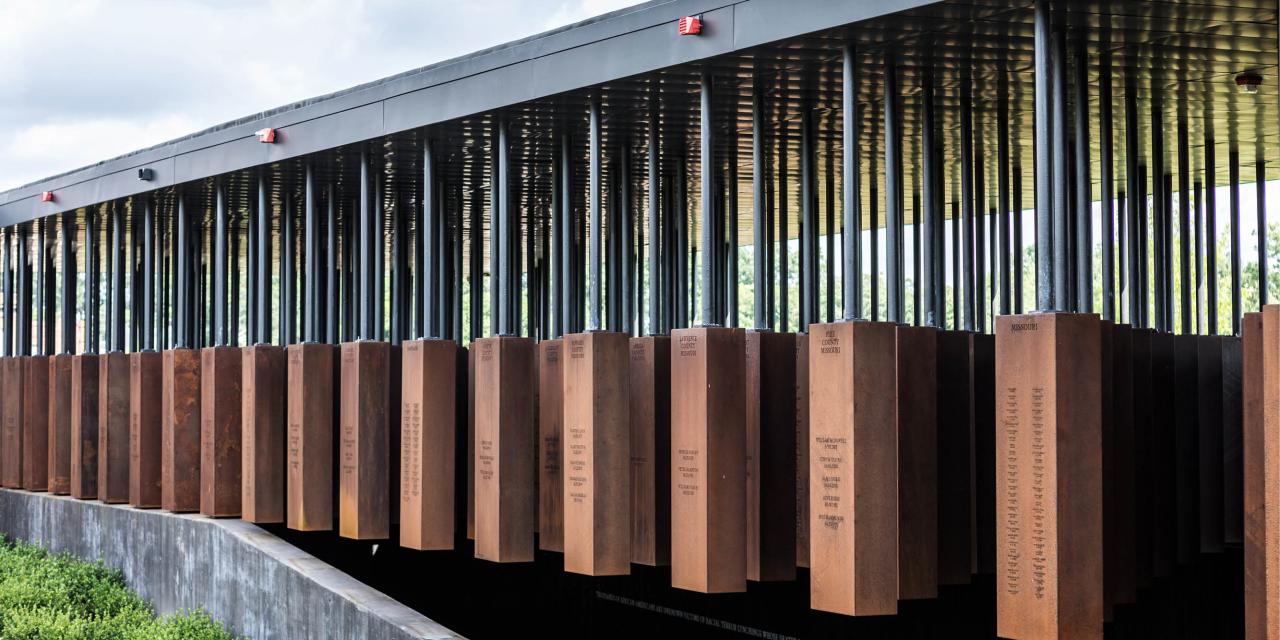A primary responsibility of leaders is to help the congregation understand where it is going, why such a direction is important, and how to get there. By leaders, we mean not only pastors or rabbis but also congregational members who hold formal and informal positions of leadership. Leaders need to help people find worthy goals. They need to have a plan to structure work and maximize the resources of the congregation. They need to build agreement in the congregation about the plan so that people are willing to move together toward the goal.
Planning can be challenging in the contemporary congregation, where people share a common faith and values but may have very different preferences and needs. Some leaders want to reach out to potential members of the congregation, while others would prefer to direct resources to support current members. Some desire help for their own spiritual growth, while others would like a congregational initiative to address community issues that might shape or support other people. Some want to emphasize ministry with youth, while others hope for help in developing small sharing groups for adults. Some want change. Some want stability. The conversation about what a congregation is to do and where it will direct its resources can be quite complex.
What is a leader to do? How do you negotiate all of the preferences and opinions in order to come up with a plan that all agree with and are willing to support and work on?

